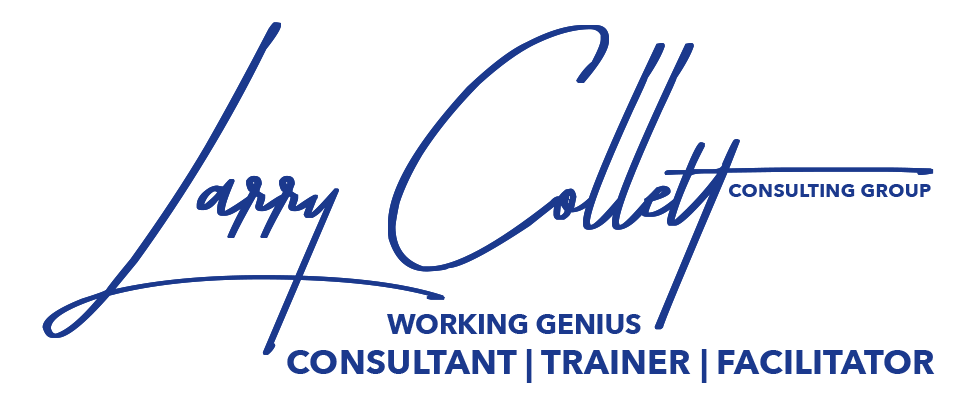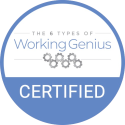Introduction to Artificial Intelligence
Exploring the Fundamentals of Artificial Intelligence
Artificial Intelligence, often abbreviated as AI, is a transformative field of computer science that focuses on the development of intelligent machines that can perform tasks which normally require human intelligence. These tasks include learning, problem-solving, speech recognition, and decision making. AI systems are designed to analyze data, adapt to new inputs, and perform tasks with varying degrees of autonomy. The ultimate goal of AI is to create machines that can simulate human cognitive processes such as learning, reasoning, and problem-solving.
The Evolution of Artificial Intelligence
The concept of artificial intelligence dates back to ancient civilizations, but it was only in the mid-20th century that the field began to take shape. The term “artificial intelligence” was coined in 1956 at the Dartmouth Conference, where researchers gathered to discuss how machines could be programmed to mimic human intelligence. Over the decades, AI has evolved significantly, with advancements in machine learning, neural networks, and deep learning pushing the boundaries of what is possible. Today, AI is integrated into various aspects of our daily lives, from virtual assistants on our smartphones to self-driving cars on our roads.
Applications and Implications of Artificial Intelligence
The applications of artificial intelligence are vast and diverse, spanning across industries such as healthcare, finance, transportation, and entertainment. AI is used to improve medical diagnosis, personalized learning experiences, financial trading algorithms, and more. While the potential benefits of AI are substantial, there are also ethical and societal implications to consider, such as job displacement, privacy concerns, and biases in AI algorithms. As AI continues to advance, it is crucial for society to engage in conversations about how to harness its benefits while mitigating its risks.
Exploring the Genius of Working Types
Unveiling the Talents of Working Types
When delving into the realm of artificial intelligence, it is crucial to understand the various working types that contribute to its operations. Each working type brings a unique set of skills and perspectives to the table.
Navigating the Landscape of Working Genius
Exploring the genius of working types involves recognizing the strengths and weaknesses of each type. By identifying and appreciating these differences, we can optimize the application of artificial intelligence in different fields.
Discovering the Essence of Working Proficiencies
The essence of working geniuses lies in their ability to complement each other and work collaboratively towards a common goal. By harnessing the diverse talents of working types, we can unlock the full potential of artificial intelligence in our society.
The Impact of Working Genius on Future Industries
The Role of Working Genius in Shaping Future Industries
The six types of working genius can have a profound impact on various industries as they evolve in the era of artificial intelligence. By recognizing and leveraging individual and collective strengths in problem-solving, innovation, and communication, organizations can adapt more effectively to changing landscapes and challenges.
Driving Innovation Through Working Genius
The ability to harness the unique genius of individuals within a team can lead to groundbreaking advancements and solutions in emerging technologies and fields. By identifying and nurturing the working geniuses of team members, companies can foster a culture of continuous innovation and adaptation.
Enhancing Collaboration and Efficiency
Understanding the dynamics of working genius can also promote collaboration and efficiency within teams and organizations. By aligning tasks and responsibilities with each individual’s strengths, businesses can streamline processes, reduce friction, and achieve greater productivity in an increasingly competitive marketplace.
Applications of Working Genius in Everyday Life
Practical Application of Working Genius
One way to incorporate the Working Genius concept into everyday life is to identify your own areas of strength and weakness. By recognizing which types of working genius come most naturally to you, you can leverage these strengths in your personal and professional endeavors.
Team Dynamics and Working Genius
Understanding the different types of working genius within a team can significantly improve collaboration and productivity. By having a diverse mix of individuals covering all six types of working genius, teams can ensure they have the necessary skills to tackle any task effectively.
Professional Development and Growth
Applying the framework of Working Genius to professional development can help individuals focus on enhancing their weaker areas while refining their strengths. This self-awareness can lead to more targeted growth and skill-building, ultimately resulting in a more well-rounded and competent individual.
Challenges and Opportunities in the World of Artificial Intelligence
Artificial intelligence presents a host of challenges and opportunities that are shaping the way we interact with technology and the world around us.
Ethical Concerns
One of the primary challenges in the world of artificial intelligence is navigating the ethical considerations that come with creating intelligent machines. Issues such as data privacy, algorithmic bias, and the potential for automation to displace human jobs are all topics that require careful consideration and regulation. Balancing innovation with ethical responsibility is essential for the responsible development and deployment of AI technologies.
Technological Advancements
Despite its challenges, artificial intelligence offers numerous opportunities for technological advancement across various industries. AI has the potential to revolutionize healthcare, transportation, manufacturing, and many other sectors by improving efficiency, increasing productivity, and enabling new capabilities. As researchers continue to push the boundaries of AI technology, we can expect to see exciting innovations that have the power to improve the quality of human life in profound ways.
Educational Initiatives
Addressing the challenges and seizing the opportunities presented by artificial intelligence will require a workforce that is well-equipped with the necessary skills and knowledge. Educational initiatives focused on AI literacy, computational thinking, and data science are crucial for preparing individuals for the future job market. By investing in education and training programs, we can ensure that individuals have the tools they need to harness the potential of artificial intelligence while also mitigating its risks.


